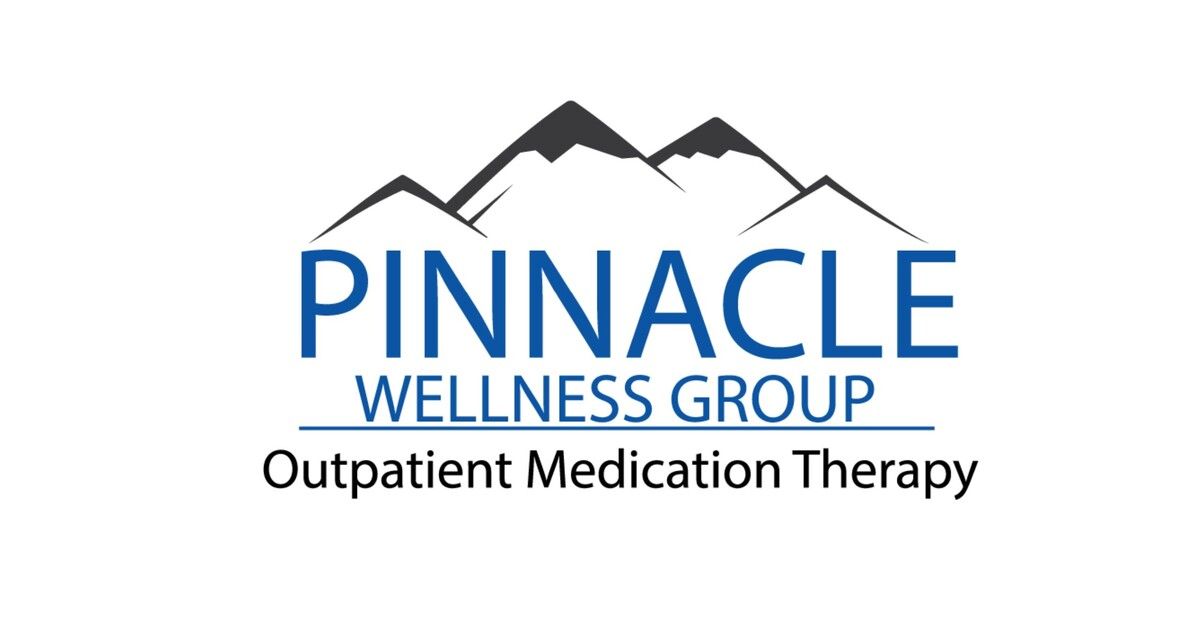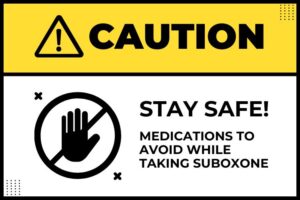Addiction is a chronic disease
and it’s so important that we understand how to support someone who has taken the necessary steps to become sober. Staying sober is a difficult and lifelong journey. We must understand that even though the addict has gone through rehab, it is not a magic cure. Recovery is a process that doesn’t happen overnight and rehab doesn’t fix everything right away. Nothing about sobriety is easy and this is why as a caregiver, loved one or friend it is important to understand that you play an important role in that person’s recovery. It is okay to not know what to do and it’s okay to have questions. However, it is important to know that recovery takes time. You have to be open to understanding and learning how to care and help a loved one in recovery. Here are 6 ways you can help a loved one in recovery:
- Live A Clean Lifestyle
If you have taken on that task to care for or support someone who is in recovery, it is imperative that you lead by example. We encourage each and everyone to adopt a clean and healthy lifestyle to support your loved one’s sobriety and recovery. Use this time to foster a healthy lifestyle they can easily adjust to. We suggest creating a healthy environment free of any temptations that might tempt them to slide back into unhealthy and addictive habits. Keep them engaged in fun, meaningful and motivational activities. Support them by adopting the same healthy eating habits and exercise with them daily. Lastly, we suggest you encourage them to pursue hobbies and goals they once were and are still passionate about fulfilling.
- Educate Yourself
Be informed! One of the most important ways you can support a loved one or friend during their recovery is to educate yourself on their addiction. You should also learn as much as you can about the recovery process too. Understanding the mental, physical and emotional toll this disease has on the individual and their loved ones can really help you and them. Educating yourself can help you pinpoint their triggers, various medical issues that might arise, how to avoid enabling them and the mental and psychological effects their addiction has caused. Knowing these things can help make informed decisions and better equip you for problems that might arise in the future.
- Be Honest
Always be honest with your loved one during their recovery. Be upfront and honest about how much time and commitment you can put into supporting them during this time. Before you offer advice, be sure to ask permission. Unsolicited advice can often be taken the wrong way and temporarily put a strain on your relationship. However, once you’re given permission to offer advice, be honest. Do not sugarcoat the truth and offer constructive criticism. Remember, the worst thing you can do is be dishonest and constantly offer “Yeses” to someone who is in recovery and willing to grow.
- Don’t Give Up
Recovery is a long journey. Our advice to anyone who might be caring or supporting a loved one going through this journey is to not give up. Be patient with them and be there for them whenever they need help. Set realistic goals for yourself and also for your loved one. It is also important to understand that sometimes things might go wrong. Your loved one might relapse or they might express moments of anger and resentment towards you and others. Never give up on them, constantly show your support and most importantly be patient.
- Support Their Sobriety
The most significant thing you can do for someone in recovery is to support and constantly encourage them. Being there for them and helping them understand that they’re not alone in this fight is so important. A lot of times, they might be feeling alone and isolated. It’s so important to constantly reassure them that they have someone in their corner who is there for them. This also ties into our point we made in always being honest. We encourage you to be consistent in your commitment to them. Never let them feel like you can’t be there for them whenever they need a shoulder to lean on or someone to talk to. Supporting and caring for someone who is in recovery is a full-time job and requires the caregiver to also make some lifestyle changes to ensure that your loved one stays on the path to recovery. However, we encourage you to not be too hard on yourself if something doesn’t work out. It’s important to remember that every day will not be easy but to remain positive and optimistic about your loved one’s future.
- Take Care Of You
DO NOT FORGET TO TAKE CARE OF YOU! We cannot stress how important this is! We know how much of a full-time commitment it is to dedicate your time and energy to someone in recovery. We encourage you to sometimes be a little selfish and engage in a little TLC. Carve out time weekly, daily or even a couple of times a week where you engage in some self-care activities. This may sound very clique but you cannot take care of someone if you aren’t taking care of YOU. They always say it takes a village to raise a child and the same notion can be applied to supporting someone in recovery. It is so important to enlist others to also be someone’s support during this time so the burden and responsibility don’t fall only on you. Trust us when we say this but little moments self-care is the best support you can provide yourself and also loved one while in recovery.
Pinnacle Wellness Group is here to help with your addiction and support anyone who might be going through a tough time! To learn more about Pinnacle Wellness Group recovery treatment programs or to speak to one of our highly trained practitioners call our office at (772) 222-5411.









